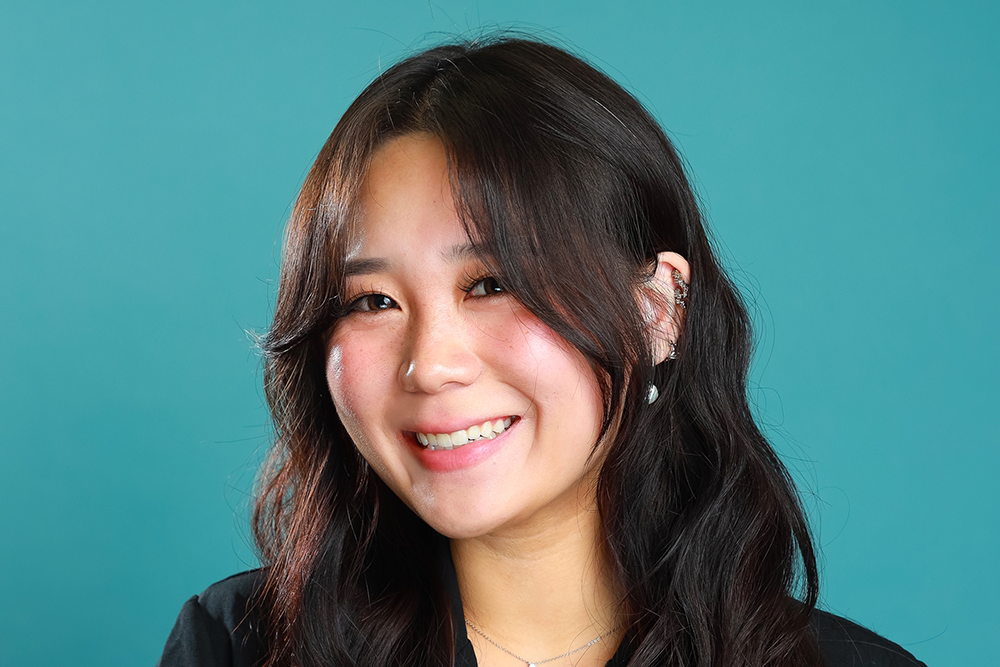Casey Chung

Biography
Casey Chung a Master of Urban and Regional Planning candidate with a concentration in transportation policy and planning at UCLA. Her research interests explore longstanding spatial and sociodemographic inequities present in urban planning and public policy, with a particular focus on transportation equity and mobility justice.
As a graduate student researcher in the Center of Neighborhood Knowledge, Casey is working on a report on racial/ethnic segregation in Pasadena and the role of freeway development and institutional mechanisms. This report is part of a larger study by the Caltrans Reconnecting Communities Pilot, a grant program focusing on the redevelopment of the SR-71 “northern stub.”
Casey holds bachelor’s degrees in business economics and urban studies from UC Irvine. At UC Irvine she worked as an undergraduate research assistant for ITS-Irvine and Stance Lab on projects studying bikeway infrastructure and housing affordability issues stemming from the COVID-19 pandemic.
Project Overview
My research project aims to improve restorative justice practices in transportation and infrastructure planning by evaluating the effectiveness of previous efforts to help communities that have been harmed by freeway development. I will analyze two case studies on Reconnecting Communities (RC) projects: “SR-710 Northern Stub Re-envisioning Project” in Pasadena, and “Mend the Gap: Reuniting Barrio Logan Through Freeway Lid Parks” in San Diego.
Analyzing these studies will help determine if the adopted planning, stakeholder-engagement, and decision-making practices are aligned with fair procedures, just distribution of resources, and equitable outcomes. My research will be guided by a comprehensive literature review, analysis of restorative justice policies and procedures, and stakeholder surveys. These findings will support a UC-wide study on restorative and racial justice in RC projects by providing a deeper understanding of government-led restorative justice engagement processes.
Why is this topic, specifically, important to you?
I previously studied how freeway development impacted racial/ethnic segregation in Pasadena while a GSR in the Center of Neighborhood Knowledge, and that experience inspired me to dive deeper into this history by conducting an in-depth analysis through a restorative justice lens. I am also excited to expand the scope to San Diego.
In Southern California, studies on freeway redress are incredibly important, as displacement from freeway construction has disproportionately impacted people of color and lower-income communities, creating barriers to social and economic opportunities. Redressing these inequalities through restorative justice is essential for advancing transportation equity, fostering mobility justice, and ensuring that communities regain access to resources, opportunities, and decision-making power in urban planning processes.
Who are the partners involved in this project and how will you be working with them?
The research project involves cross-campus coordination and collaboration between UCLA’s Center of Neighborhood Knowledge, UC Irvine’s Department of Urban Planning and Public Policy, UC Berkeley’s Institute of Urban and Regional Development, and UC Davis’s Department of Environmental Science and Policy, in addition to several public agency and community stakeholders.
How do you hope that this project will impact the field moving forward?
My work and the larger project will identify the most effective approach to readdress and repair past harms, and give stakeholders a meaningful role in decision-making. Hopefully, this research will be able to provide a framework and baseline to help guide future restorative justice policies and procedures at the institutional level.
Fellow at a Glance
FELLOWSHIP YEAR
ACADEMIC BACKGROUND
PROJECT TITLE
